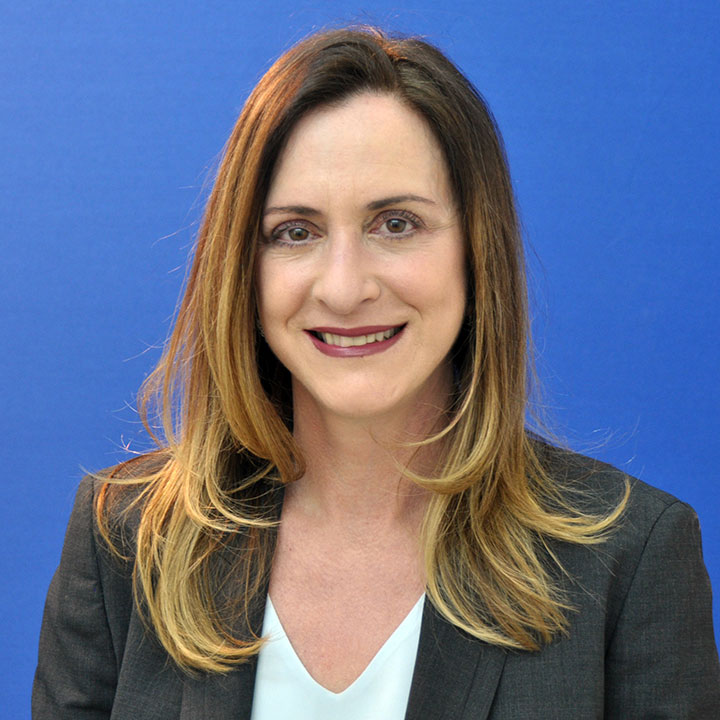
Prof. Karen B. Avraham, Ph.D. is the Dean of the Faculty of Medicine at Tel Aviv University and holds the Drs. Sarah and Felix Dumont Chair for Research of Hearing Disorders. She heads the Laboratory of Neural and Sensory Genomics in the Department of Human Molecular Genetics and Biochemistry and is affiliated with the Sagol School of Neuroscience and Safra Center for Bioinformatics. Born in Canada and raised in the U.S., she completed a B.A. in Biology at Washington University in St. Louis, a Ph.D. in Genetics at the Weizmann Institute in Israel, and post-doctoral training at the National Cancer Institute in Maryland. Prof. Avraham leads the effort in the discovery of disease genes and the use of models for therapy, with an emphasis on precision medicine. She has over 150 publications in international journals and has mentored over 130 undergraduate, MSc, Ph.D., MD-PhD students, and post-docs. She was the founding director of the Healthy Longevity Research Center and of the Aufzien Family Center for the Prevention and Treatment of Parkinson’s Disease at Tel Aviv University. Prof. Avraham founded and leads the Tel Aviv University M.Sc. program in Medical Sciences with a specialty in Genetic Counseling, the Single Cell Genomics Core, and the Biomed@TAU Research Hubs. Prof. Avraham was awarded, among others, the TEVA Prize for Groundbreaking Research in Rare Diseases, the Teva Founders Prize on Breakthroughs, and most recently, the FISEB STAR Award for Scientific Excellence and Leadership. She has been a visiting scholar at the Harvard Medical School and the University of Washington in Seattle. Prof. Avraham was recently appointed to the Faculty of Scholars of the Human Genome Organization and is an elected member of EMBO and of the Collegium Oto-Rhino-Laryngologicum Amicitiae Sacrum (CORLAS). She is a founding member of the International Society for Inner Ear Therapeutics (ISIET), a member of the Lancet Commission on Hearing Loss, and of the CureGRIN Scientific Advisory Board. The research in her laboratory is currently funded by the National Institutes of Health R01, the Israel Science Foundation Breakthrough Research Grant, the Israel Precision Medicine Partnership Program (IPMP), the Israel-US Binational Science Foundation, and the Ernest and Bonnie Beutler Research Program of Excellence in Genomic Medicine Award.
